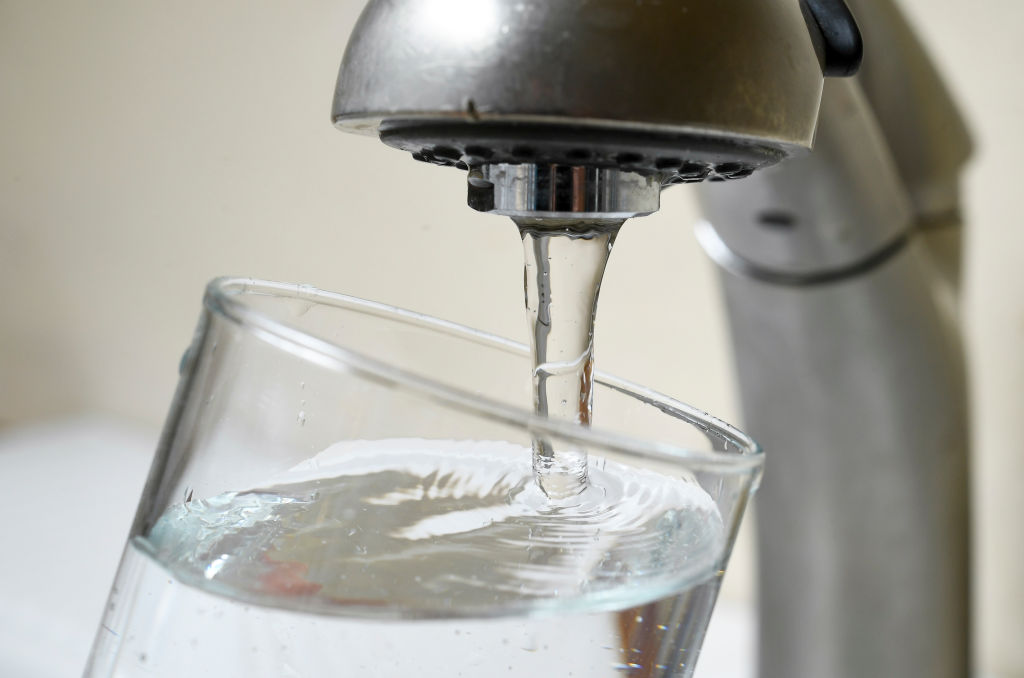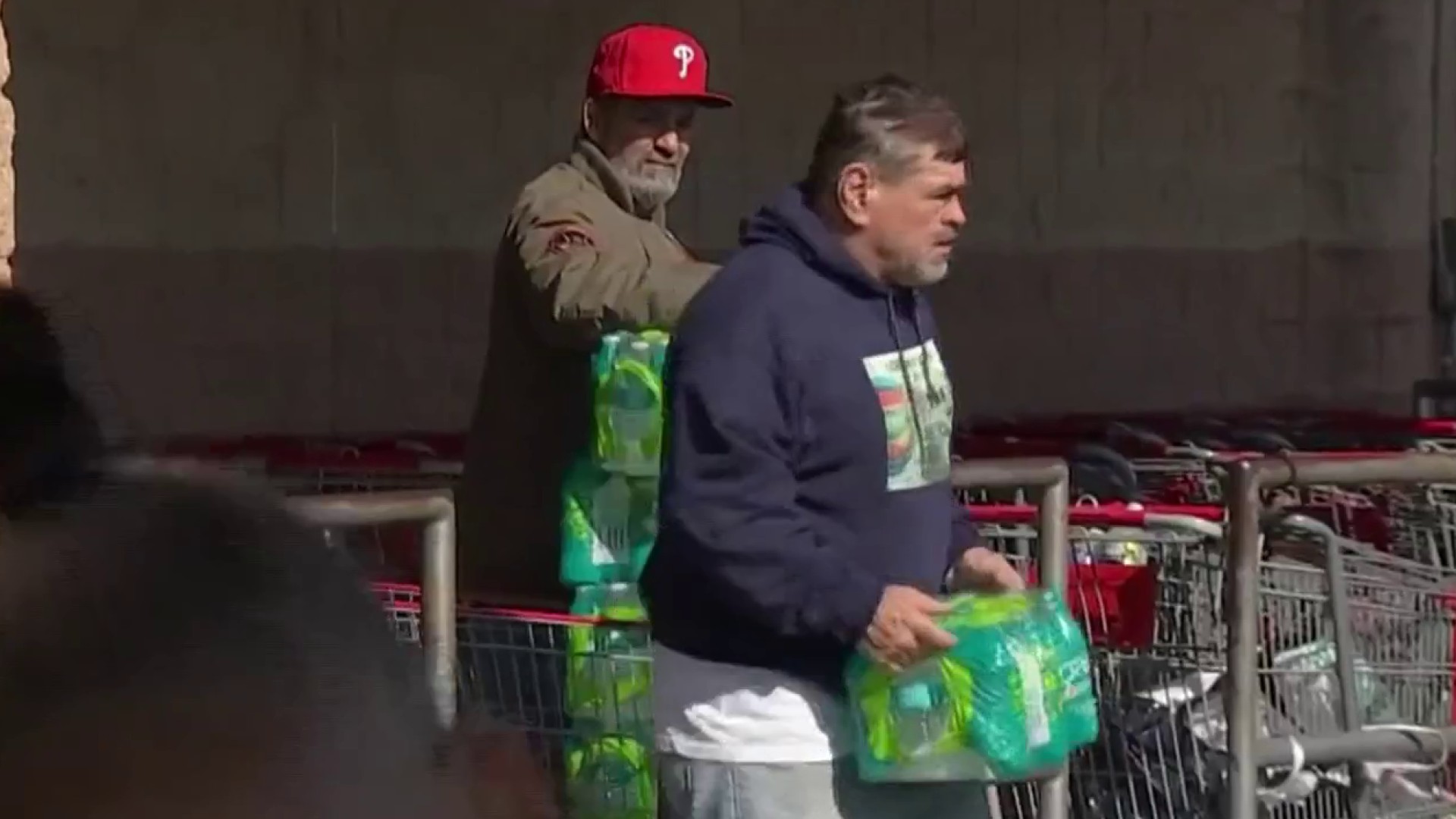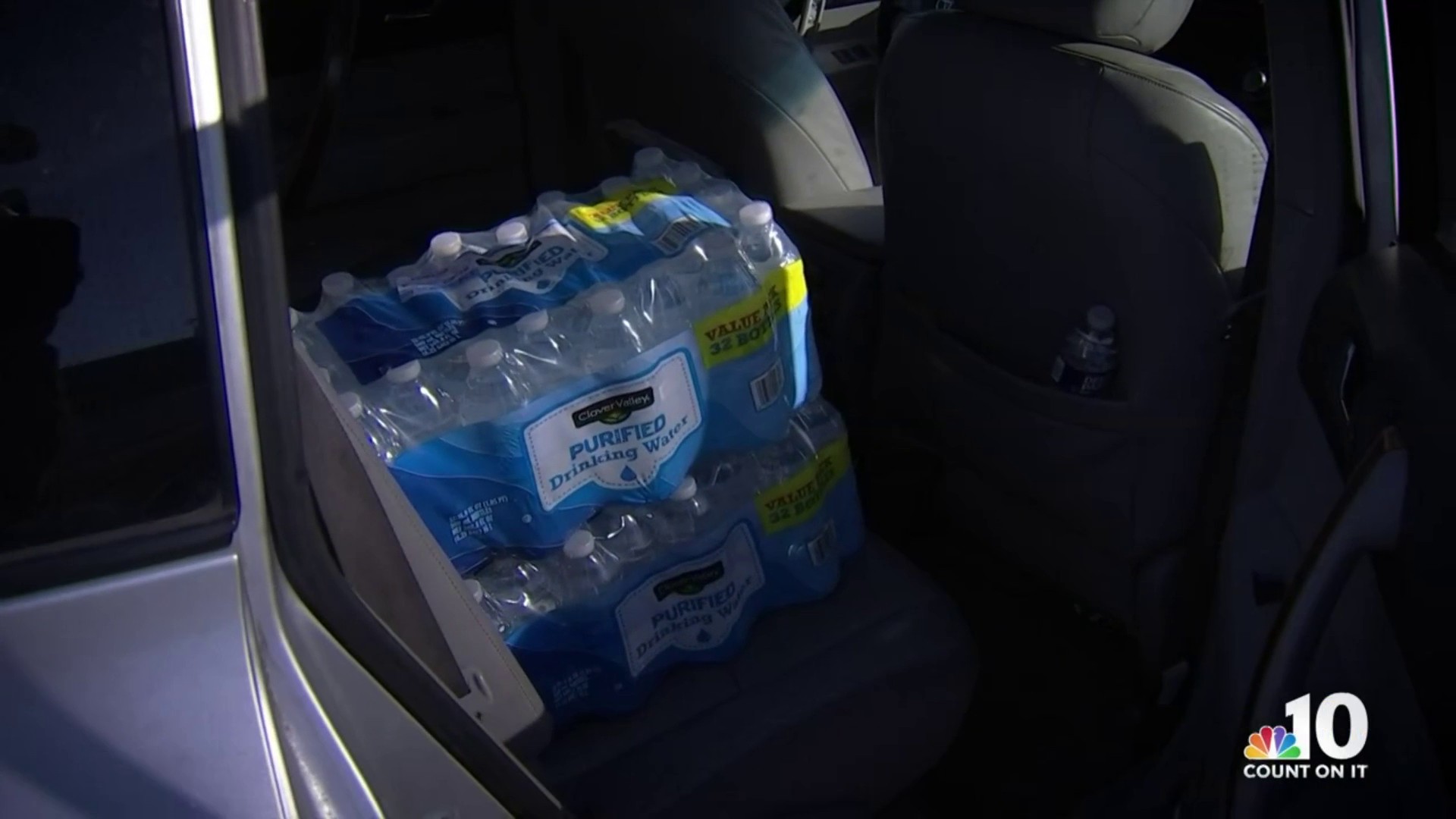What to Know
- Tap water in Philadelphia is safe to drink and use until at least 3:30 p.m. on Tuesday following a chemical spill in a tributary to the Delaware River, officials said.
- Officials said water quality testing in Philadelphia has been around the clock and that the latest results on Monday at 4 p.m. showed no traces of the chemical detected in the City’s water supply.
- In case needed, the City is working out a plan to distribute water to residents.
Editor's Note (March 28, 2023, 8:22 a.m.): Philadelphia officials announced that no contaminants have been found in the water supply. Philly tap water is safe to drink, bathe in and cook with, at least through the end of Wednesday. This story is no longer being updated. Click here for new details on the water concerns.
Tap water in Philadelphia remains safe to drink and use through 3:30 p.m. on Tuesday following a chemical spill in a tributary to the Delaware River, officials announced during a press conference on Monday.
Get Philly local news, weather forecasts, sports and entertainment stories to your inbox. Sign up for NBC Philadelphia newsletters.
A latex product spilled along the Delaware River tributary near Bristol Township in Bucks County, Pennsylvania, late Friday, March 24, shortly before midnight.
Officials believe about 8,100 gallons of a “water soluble acrylic polymer solution” poured into the tributary.
The company responsible for the chemical spill, Trinseo, said the latex emulsion product that spilled into the river was "approximately 50-percent water and the remainder latex polymer."
According to the company, the latex emulsion is "a white liquid that is used in various consumer goods." The company said the chemical has a pigmentation that "makes the water-soluble material visible in surface water."
The latex is non-toxic to humans, and no known adverse health effects have been reported in the county, according to officials.
Officials said water quality testing in Philadelphia has been happening around the clock and that the latest results on Monday at 4 p.m. showed no traces of the chemical detected in the City’s water supply. Tap water is safe to drink and use in Philadelphia until at least 3:30 p.m. on Tuesday, according to officials.
Officials said there has also been no evidence of fish kills or other indications of harm from the spill.
“It is safe to drink and use tap water, to cook with it, to brush your teeth, to bathe in it of course, at least until tomorrow at 3:30 p.m.," Mike Carroll, deputy managing director for the city’s Office of Transportation, Infrastructure and Sustainability, said on Monday. "So use your tap water as you normally do. I want to reiterate. Skin contact has not been an issue. You’ve been able to bathe with the water because it’s not contaminated but that’s never going to be an issue. We will continue to test the water and we will continue to provide you updates as we get accurate information based on the data that we collect.”
The Philadelphia Water Department said they will continue to test and monitor the water in the Delaware River and will notify the public immediately if any contaminants are found. The testing is taking place at 12 different locations, including the Delaware River and the raw water basin at the Baxter Water Treatment Plant in northeast Philadelphia.
Intakes to the plant were initially closed after the spill, but were later opened to maintain minimal water levels to avoid damage to equipment and to supply water for fire safety and other essential needs.
Residents of the city who live west of the smaller Schuylkill River — an area served by two other treatment plants — are unaffected.
PWD also released a map of all potentially impacted areas in Philadelphia.
Coast Guard officials said 60,000 gallons (227,000 liters) of contaminated water had been collected from the Delaware.
Carroll said any spill conditions would last no later than Thursday — “and we may be able to say by Wednesday night” it has completely passed the city's treatment plant.
“In fact, I think as the hours and days go by, it’s very likely it will not enter the Philadelphia water system,” he said.
The City also said that, if the need arises, Philadelphia is working to develop a water distribution plan:
"As part of the City’s emergency response protocol, the City is working with partners to develop a water distribution plan in the event that it is needed," officials said. "Informational materials in multiple languages will be shared accordingly."
Officials said the City would issue further details on this plan immediately, if it needs to be put into action.
But, until then, officials said, tap water in Philadelphia is safe to drink.
Announcements and an alert sent out Sunday were followed by a run on bottled water in Philadelphia stores that left many bare shelves and “No water” signs posted at some. If bottled water was unavailable, officials said, people could fill empty bottles with tap water.
Despite the reassurances, people continued to flock to stores Monday in search for bottled water. Many found the quest frustrating.
When asked why it took the city until Sunday to notify residents when the spill occurred late Friday night, Mayor Jim Kenney said the length of time it takes to conduct testing causes delays.
"It’s not like you’re dropping a drop and you get an immediate reaction or an immediate answer to the test," Kenney said. There’s periods of time it takes. And the bottle water situation, in the abundance of caution, we just told people, you know, if you feel uncomfortable, use that.”
Philadelphia Water Department Commissioner Randy Hayman also spoke about how lengthy the testing process is.
“The testing that we have to do takes time," he said. "And we have to test it in several locations. So we have to test in the river. We have to test in the raw basin. We have to test in the plant.”
Late Monday night, a spokesperson for Trinseo released a statement on the spill.
Trinseo has owned and operated the plant at Bristol since 2021. As the incident is under review, I can’t comment on the circumstances of the release. I can offer the following regarding the incident: teams from Trinseo, LLC, and our affiliate, Altuglas LLC, are continuing to work closely with local, state, and federal agencies following an accidental release of a latex emulsion product from the Altuglas manufacturing facility in Bristol, Pa., Friday evening. Upon discovery of the release, our on-site staff immediately notified authorities and implemented an emergency response. Our preliminary investigation shows that a pipe burst and the facility’s containment system was breached. Trinseo is conducting an internal review of our facility and will take the steps necessary to address any issues we identify. In the meantime, we will continue to do all can to assist in a thorough assessment of environmental impacts. Trinseo is Responsible Care® company. We place the highest value on the safety of our employees and our community and on excellent environmental performance. When our standards are not met, we take immediate corrective action, as we are doing in this case.
Updates on the water testing will be provided on phila.gov and water.phila.gov as well as the Twitter accounts @PhiladelphiaGov and @PhilaOEM.
Sign up for our Breaking newsletter to get the most urgent news stories in your inbox.




